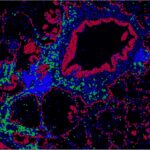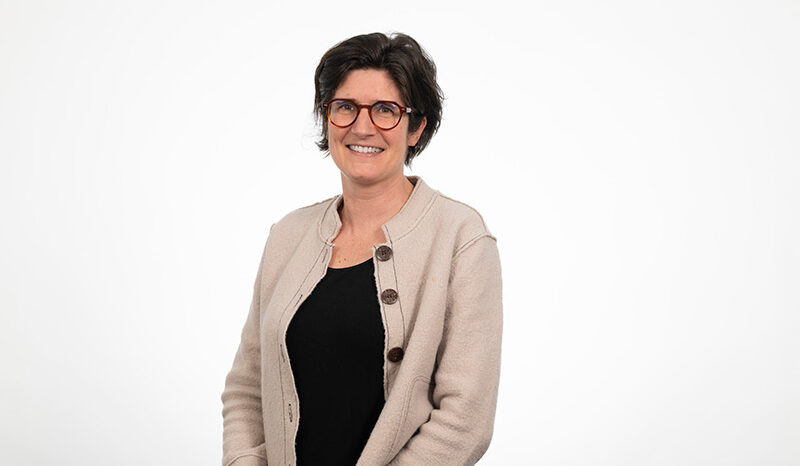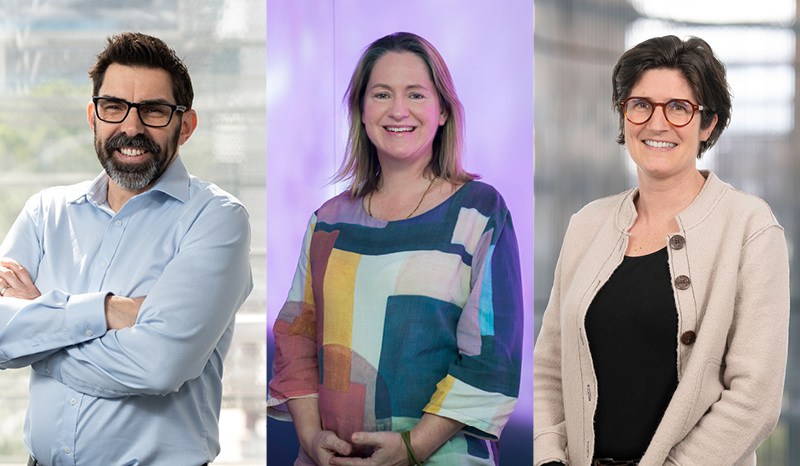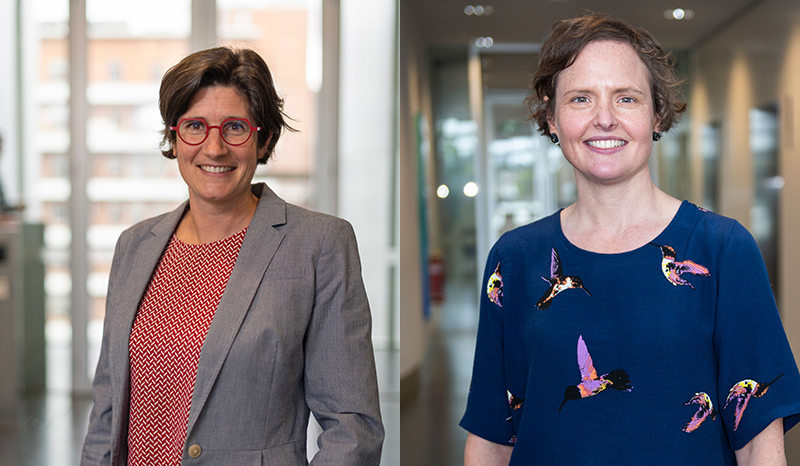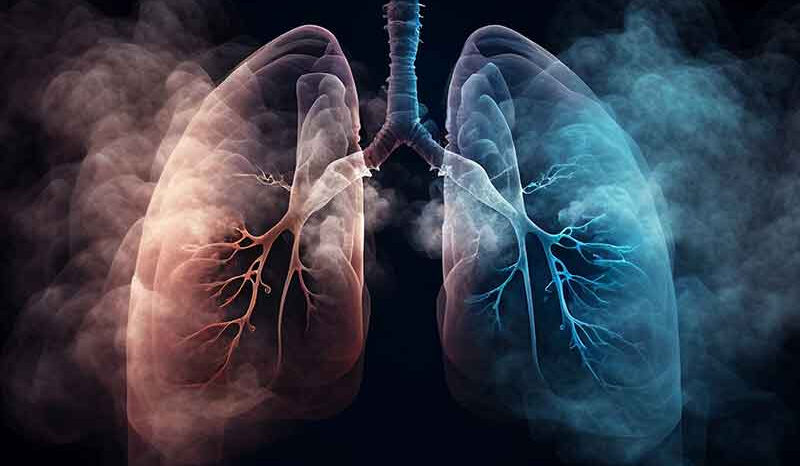Leiwe M, Asselin-Labat M-L. The dynamics of the metastatic niche: Lung alveolar type 2 cell reprogramming and cancer cell stemness. Developmental Cell. 2024;59(18):10.1016/j.devcel.2024.07.014
VanderDoes J, Marceaux C, Yokote K, Asselin-Labat M-L, Rice G, Hywood JD. Using random forests to uncover the predictive power of distance-varying cell interactions in tumor microenvironments. PLOS Computational Biology. 2024;20(6):10.1371/journal.pcbi.1011361
Bhuva DD, Tan CW, Salim A, Marceaux C, Pickering MA, Chen J, Kharbanda M, Jin X, Liu N, Feher K, Putri G, Tilley WD, Hickey TE, Asselin-Labat M-L, Phipson B, Davis MJ. Library size confounds biology in spatial transcriptomics data. Genome Biology. 2024;25(1):10.1186/s13059-024-03241-7
Chaudhary P, Xu X, Wang G, Hoj JP, Rampersad RR, Asselin-Labat M-L, Ting S, Kim W, Tamayo P, Pendergast AM, Onaitis MW. Activation of KrasG12D in Subset of Alveolar Type II Cells Enhances Cellular Plasticity in Lung Adenocarcinoma. Cancer Research Communications. 2023;3(11):10.1158/2767-9764.crc-22-0408
Malchers F, Nogova L, van Attekum MH, Maas L, Brägelmann J, Bartenhagen C, Girard L, Bosco G, Dahmen I, Michels S, Weeden CE, Scheel AH, Meder L, Golfmann K, Schuldt P, Siemanowski J, Rehker J, Merkelbach-Bruse S, Menon R, Gautschi O, Heuckmann JM, Brambilla E, Asselin-Labat M-L, Persigehl T, Minna JD, Walczak H, Ullrich RT, Fischer M, Reinhardt HC, Wolf J, Büttner R, Peifer M, George J, Thomas RK. Somatic rearrangements causing oncogenic ectodomain deletions of FGFR1 in squamous cell lung cancer. Journal of Clinical Investigation. 2023;133(21):10.1172/jci170217
Rangamuwa K, Christie M, Leong T, Aloe C, Yokote K, Batey D, Asselin-Labat M-L, Antippa P, Irving L, Bozinovski S, Steinfort D. P1.09-01 Anti-Cancer Immune Activation Post Bronchoscopic Thermal Ablation in Non-Small Cell Lung Cancer. Journal of Thoracic Oncology. 2023;18(11):10.1016/j.jtho.2023.09.315
Weeden CE, Gayevskiy V, Marceaux C, Batey D, Tan T, Yokote K, Ribera NT, Clatch A, Christo S, Teh CE, Mitchell AJ, Trussart M, Rankin L, Obers A, McDonald JA, Sutherland KD, Sharma VJ, Starkey G, D’Costa R, Antippa P, Leong T, Steinfort D, Irving L, Swanton C, Gordon CL, Mackay LK, Speed TP, Gray DHD, Asselin-Labat M-L. Early immune pressure initiated by tissue-resident memory T cells sculpts tumor evolution in non-small cell lung cancer. Cancer Cell. 2023;41(5):10.1016/j.ccell.2023.03.019
Leong TL, Aloe C, Aujla S, Wang H, Gayevskiy V, Asselin-Labat M-L, Gray L-A, Steinfort D, Bozinovski S. Heterogeneity of tumour mutational burden in metastatic NSCLC demonstrated by endobronchial ultrasound sampling. Frontiers in Oncology. 2023;13:10.3389/fonc.2023.1150349
Rangamuwa K, Aloe C, Christie M, Asselin-Labat M-L, Batey D, Irving L, John T, Bozinovski S, Leong TL, Steinfort D. Methods for assessment of the tumour microenvironment and immune interactions in non-small cell lung cancer. A narrative review. Frontiers in Oncology. 2023;13:10.3389/fonc.2023.1129195
Balasubramanian A, John T, Asselin-Labat M-L. Regulation of the antigen presentation machinery in cancer and its implication for immune surveillance. Biochemical Society Transactions. 2022;50(2):10.1042/bst20210961


